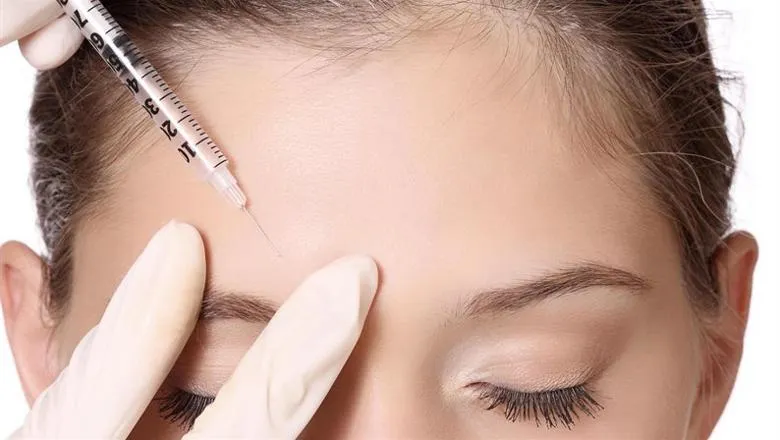“This led me to wonder what happens when such patients consult for interventions within the private cosmetics sector. This is an issue which had not been considered in detail from an ethical perspective before.”
Dr Natalie Lane
04 August 2020
Study questions ethics of performing non-surgical cosmetic interventions on patients with body dysmorphic disorder
Current practices around non-surgical cosmetic procedures need improvement if we are to protect patients with body dysmorphic disorder (BDD).

Dr Natalie Lane, King’s Bioethics & Society alumni, warns that non-surgical cosmetic procedures are generally not in the best interests of individuals with BDD.
In a paper recently published in the BMJ Journal of Medical Ethics, she concluded that such procedures failed to alleviate BDD symptoms in the longer term.
In recent years the UK’s non-surgical cosmetic procedures industry has boomed, with interventions such as botox, fillers and laser therapy becoming more and more mainstream. Cosmetic clinics are an increasingly familiar sight on the high street.
However, Dr Lane says for those with BDD, non-surgical cosmetic procedures can increase the risk of physical and psychological harm by introducing possible side effects such as infection and blood vessel occlusion and by delaying effective psychiatric treatment of the underlying condition.
The research resulted from the findings of her MA dissertation. While training within NHS Dermatology Services she encountered patients with likely BDD seeking interventions for their perceived skin problems.
Further motivated by the 2017 Nuffield Council on Bioethics report recommending enhanced regulation and the prohibition of irresponsible marketing in the cosmetic procedures industry, as well as seminars and tutorials discussing similar matters during her masters year, Dr Lane recognised an opportunity to combine her interests in mental health and ethics.
Her research called into question the decision-making capacity of those with BDD when pursuing non-surgical cosmetic interventions. Characteristic of BDD is an intense dislike of a perceived appearance 'defect' which is non-existent (or very slight) in the eyes of others, and is often accompanied by a belief that it can be ‘fixed’ by intervention.
“As this belief arises from the illness itself, decisions based upon it do not necessarily represent truly autonomous choices. Therefore, such decisions can justifiably be overridden when they risk harm, such as the harms associated with some non-surgical cosmetic interventions."
Dr Natalie Lane
Through interviews with cosmetic practitioners and mental health professionals, the study questioned whether BDD sufferers’ pathological dissatisfaction with elements of their appearance impaired their capacity to consent to non-surgical cosmetic intervention.
The evidence suggested that greater care should be taken to safeguard patients with BDD when they are deliberating whether to pursue cosmetic interventions. As a result, Dr Lane’s paper advises against carrying out non-surgical cosmetic procedures on patients with BDD in favour of referral to mental health services.
Dr Natalie Lane completed her MA in Bioethics & Society with the King’s Department of Global Health & Social Medicine in 2017. She is currently a trainee psychiatrist working in the west of Scotland. She also tutors medical ethics and professionalism at the University of Edinburgh Medical School and is preparing a PhD application to investigate the ethics of using genetic and neuroimaging biomarkers to predict who is likely to develop severe mental illness. Follow @nataliemlane on Twitter for more.
